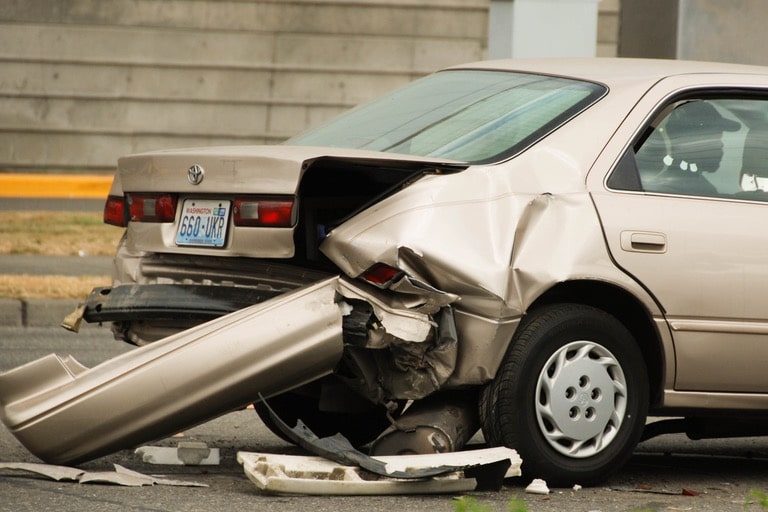A hit-and-run accident can be a distressing experience, leaving you unsure of what to do next. Taking the correct steps right after the incident can significantly protect your rights and secure any potential compensation.
Knowing how to respond effectively ensures you are prepared to handle the situation.
Ensuring Safety and Health
Your safety is the top priority. Move to a safe location if possible and check for any injuries. Call emergency services right away to report the accident and request medical assistance. Even if injuries seem minor, getting a professional medical evaluation is crucial as some injuries may not be immediately apparent.
Documenting your injuries and seeking prompt medical treatment safeguards your health and creates a record that will be important for any future claims. Be sure to comply with all recommended treatments and keep detailed accounts of all medical visits and expenses.
Gathering Information at the Scene
Collecting as much information as possible from the accident scene is crucial. If possible, write down everything you can remember about the vehicle that fled, including its make, model, color, and license plate number. Take accident scene photos, pictures of your vehicle, and images of any visible damages or injuries.
If there are any witnesses, obtain their contacts and ensure they make a statement to the police. Their testimony can be invaluable in identifying the perpetrator and supporting your claim. Law enforcement will need every detail to conduct a thorough investigation.
Reporting to Law Enforcement
Filing a police report is essential in hit-and-run cases. Provide the officers with all the information you gathered at the scene. This report will be critical evidence for your insurance claim and all future legal actions you might pursue.
Make sure to get a copy of the report for your records. Cooperate fully with the police investigation, but avoid speculating or assuming facts about the incident. Stick to the facts as you know them and let the authorities handle the investigative process.
Notifying Your Insurance Company
Inform your insurance company about the hit-and-run as soon as possible. Provide them with all the details you have collected and a copy of the police report. Understanding your policy is essential, as some policies include uninsured motorist coverage that may cover your damages in hit-and-run situations.
Insurers typically conduct their own investigations, and your account must be honest and detailed. According to an Indianapolis car accident lawyer, a specialized law firm can assist in dealing with insurance companies to ensure they handle your claim properly and you collect the compensation you deserve.
Seeking Legal Advice
Checking with a lawyer specializing in car accidents provides clarity and support during this challenging time. Attorneys will help you understand your rights, assist with the insurance claims process, and represent your interests if the case goes to court.
An experienced lawyer can also help identify all potential sources of compensation, including your own insurance policy and any other applicable coverage. Their guidance makes a significant difference in your case, ensuring you receive fair treatment and appropriate compensation.
Understanding Potential Compensation
Compensation for a hit-and-run accident usually includes medical care, pain and suffering, lost wages, therapy, etc. Documenting all your expenses and losses is essential to support your claim. Keeping detailed records of medical treatments, repair bills, and other related costs will help substantiate your compensation claim.
Understanding the potential compensation and how to document your losses effectively can provide a clearer picture of what you are entitled to and strengthen your case against the perpetrator or through your insurance claim.
The Psychological Impact
Experiencing a hit-and-run can be emotionally traumatic. Seeking support from friends, family, or psychotherapists will help you cope with the stress and anxiety resulting from the incident. Emotional health is just as central as physical recovery; addressing this aspect is crucial for your overall recovery.
Counseling provides valuable tools to manage any emotional distress and help you move forward after the accident. Support groups or online communities can offer comfort and understanding from others with similar experiences and trauma.
Get Ready to Move Past Your Hit-and-run Situation
Knowing what to do after a hit-and-run accident helps you protect your rights, ensuring you get the necessary support and compensation. Prioritize your safety, gather information, report to law enforcement, and seek medical attention.
Contact your insurer and consider hiring a lawyer to navigate the complexities of your case. These steps will help you confidently move forward and secure the best possible outcome.
